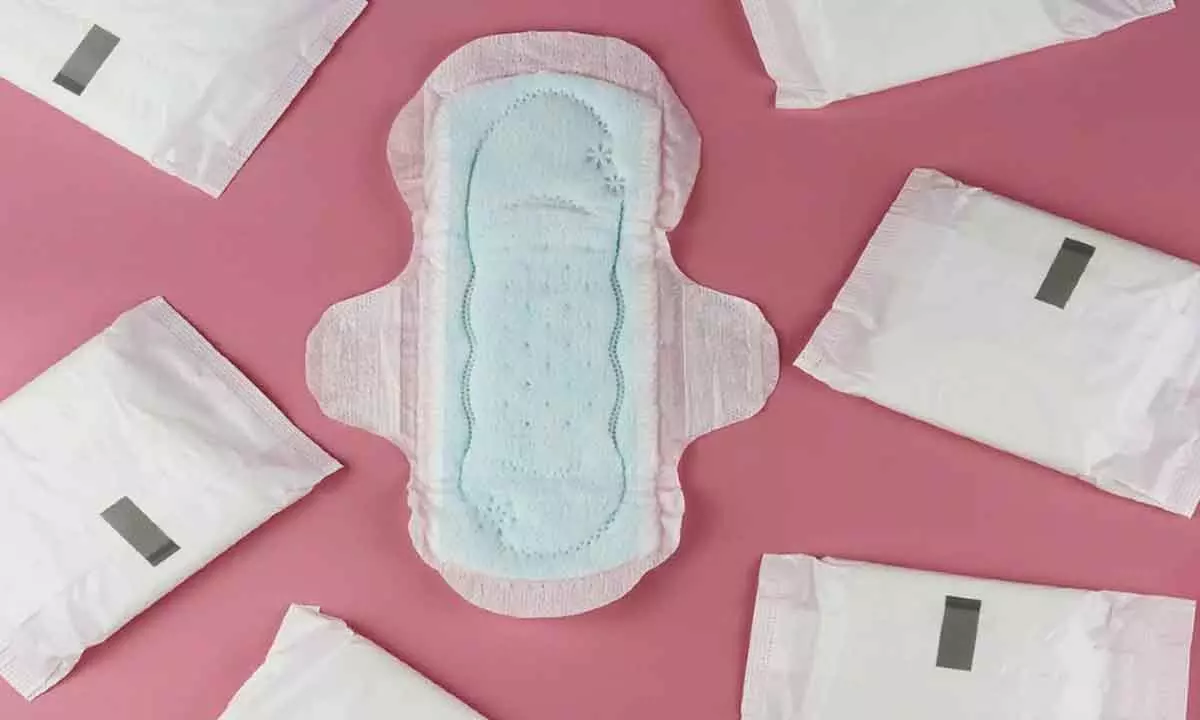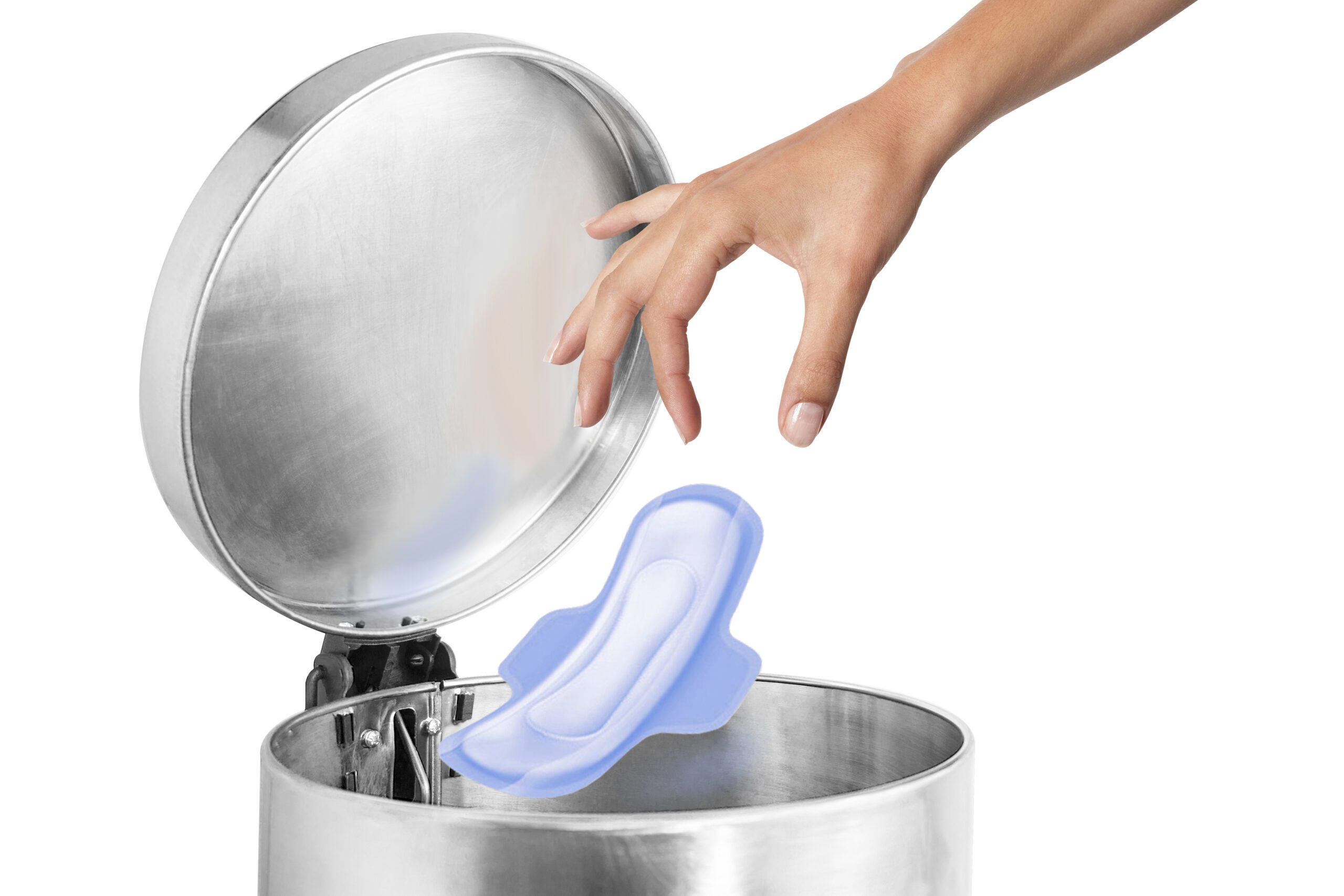In the quest for sustainable living, understanding the environmental impact of everyday products is paramount. One such essential item that often raises questions is the menstrual pad. In this article, we look into the intriguing topic of whether pads decompose.
Contents
Do Pads Decompose?

When it comes to the question of whether pads decompose, the answer is not a simple one. Disposable sanitary pads, which are made primarily from plastic compounds, are non-compostable and non-biodegradable. This means that they can take a staggering 500-800 years to decompose fully.
A study conducted by Toxics Link in 2019 found that the average sanitary pad contains the equivalent of four plastic bags. This plastic content is a major reason why pads take so long to decompose. It’s important to consider the sheer volume of menstrual waste generated each year by the millions of women using disposable pads. According to the Menstrual Health Alliance India (MHAI), over 113,000 tonnes of menstrual waste is generated annually in India alone.
While the decomposition timeline for disposable pads is alarmingly long, there are alternative options available that decompose more quickly. Natural sanitary pads made with biodegradable and compostable materials can decompose within 6-12 months in well-maintained composting conditions. However, it is recommended to wait around 15-20 months for menstrual products to fully break down in a home compost environment.
What are Pads Made Of?
1. Disposable pads
Disposable pads are typically made of a combination of materials, including rayon, cotton, and plastics such as polyester. These materials are chosen for their absorbent properties and their ability to provide leakage protection. However, it’s important to note that pads can contain up to 90% plastic, which contributes to their long decomposition time.
2. Cloth pads
On the other hand, cloth pads are a more environmentally-friendly alternative to disposable pads. They are typically made from soft fabrics such as organic cotton or bamboo, which are washable and reusable. Cloth pads are designed to be comfortable and provide effective menstrual care while reducing waste.

Environmental Impact of Pads
1. Landfill Waste
Disposable pads contribute significantly to landfill waste due to their non-biodegradable materials. Made of plastic, cotton, and super-absorbent polymers, these pads can take hundreds of years to decompose fully. Improper disposal of these pads leads to pollution and poses a threat to wildlife. It is estimated that each menstruator will use and dispose of between 5000 and 15,000 pads in their lifetime, adding to the growing waste issue in landfills. Disposable pads are estimated to take 500 to 800 years to break down in landfills, with materials such as plastic never truly biodegrading. This long decomposition time raises concerns about the environmental impact of these products.
2. Pollution from Production
The production of disposable pads also has a significant environmental impact. Pads are often made with up to 90% plastic materials, which contribute to the depletion of minerals and fossil fuels during the manufacturing process. Additionally, the production of these pads requires a significant amount of energy and resources, contributing to greenhouse gas emissions and environmental degradation. The estimated carbon footprint of disposable pads is high, further exacerbating their environmental impact.
Conclusion
By now, you should have a clear understanding of the environmental impact of disposable pads and the importance of seeking sustainable alternatives. So, make an informed choice and join the movement towards a more environmentally-conscious lifestyle.
FAQs
Do pads decompose naturally?
Pads typically contain materials like plastics, making decomposition slow. However, advancements in eco-friendly options offer more sustainable alternatives.
How long does it take for pads to decompose?
Conventional pads may take years due to synthetic components. Biodegradable options can break down faster, but proper disposal practices are essential.
Can I compost pads?
Composting may not be suitable for conventional pads, but some biodegradable pads are designed for composting. Always check product specifications and follow disposal guidelines.
I am a medical student with experience and interest in Women’s health and well-being.